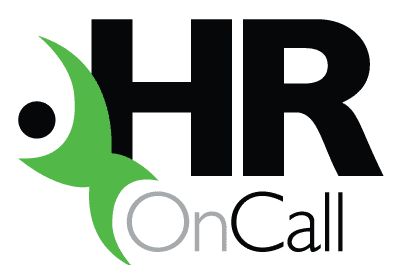The global pandemic has changed the employment landscape in some fundamentals ways and also sped up changes that were already in the works due to technological and social change. As we look to the future, what will employees expect in the context of both these changes and a tightening employment market?
The times are changing
Covid-19 led to a work from home revolution, where technology quickly made remote work on mass, not just possible but a relatively easy transition for many people. Suddenly, video meetings and wearing slippers under the desk (or dining table) became the new normal.
This experience has improved the work/life balance for many employees due to the lack of commute time and increased proximity to family members and other dependents. It also reflects changing social ideas about the role of work in people’s lives and a broad movement towards greater alignment and balance between a person’s values and aspirations outside of their career, and their employment. So, looking to the future, what will the typical 2022 employee want from their employer?
Work from home flexibility is expected
There are strong views both for and against remote work, however, this expectation is not going to go away. The genie is well and truly out of the bottle when it comes to flexibility. Firstly, technology makes working from home easy and seamless. It’s a capability that has put working from home on employees’ radars since before the pandemic. Why not skip the commute, spend more time with family and friends and enjoy both your lifestyle AND your job? Secondly, the pandemic has tested employer’s fears about lost productivity and other perceived risks and found that, generally, the fears were overblown, and productivity has largely not been affected.
While flexibility might be expected, it may not suit all businesses all the time. The needs of employees must be balanced with the needs of their employers. That’s why taking a balanced and sustainable approach is the best way forward. Hybrid arrangements where employees work both from home and in their physical workplace is a likely reality for most businesses in the future.
Salary isn’t everything
In a tightening employment market, salaries are expected to rise. However, while salary is still an important consideration, it’s no longer the dealmaker or dealbreaker that it once was. Employees are looking for other things too.
Flexibility is, of course, a big consideration now that many employees have had a taste of working from home. Work/life balance and wellbeing are front and centre on many people’s wish lists. It’s important that businesses respond by addressing this need explicitly so that the employee understands exactly how they will personally benefit from flexible work arrangements. Employers shouldn’t assume workers will connect the dots – personalisation is a very important idea, and employers need to communicate the benefits as it relates to each employee individually.
Engagement and meaning
It may seem like a paradox, but the employee of the future wants both increased physical distance from the workplace through remote work while at the same time seeking greater connection, engagement and meaning from their employer.
This comes in two forms. Firstly, employees will look to their employer to support their personal goals and lifestyle through flexible work arrangements. Secondly, they’ll want their employer to provide an opportunity to gain both social engagement and recognition through their workplace. If a workplace can supply both work/life balance and a sense that the employer’s values are aligned with that of the employees, then the employer is going to benefit by not just attracting the best talent but enjoying loyalty and dedication from them too.
Trust and relationships
The employee of 2022 and beyond will want to feel their employer trusts them, particularly when it comes to working remotely. Technology that tracks employee’s online behaviour during work hours will be seen as a huge breach of privacy and respect. Employers must develop effective ways of managing their staff based on output rather than supervision.
Another way to build trust and meaningful relationships with employees is to offer flexibility in terms of work hours, not just work location, so that employees can better balance caring for children or other dependents, as well as lifestyle priorities such as exercise, with their work. The employee of the future will look to be treated like an adult rather than supervised like a child, so communication, managing expectations, and effectively measuring output will all be important considerations for the employer of the future.
Do you have any questions about HR trends? We’re here to help. Call us on 1300 827 566 for a free 15-minute call.


